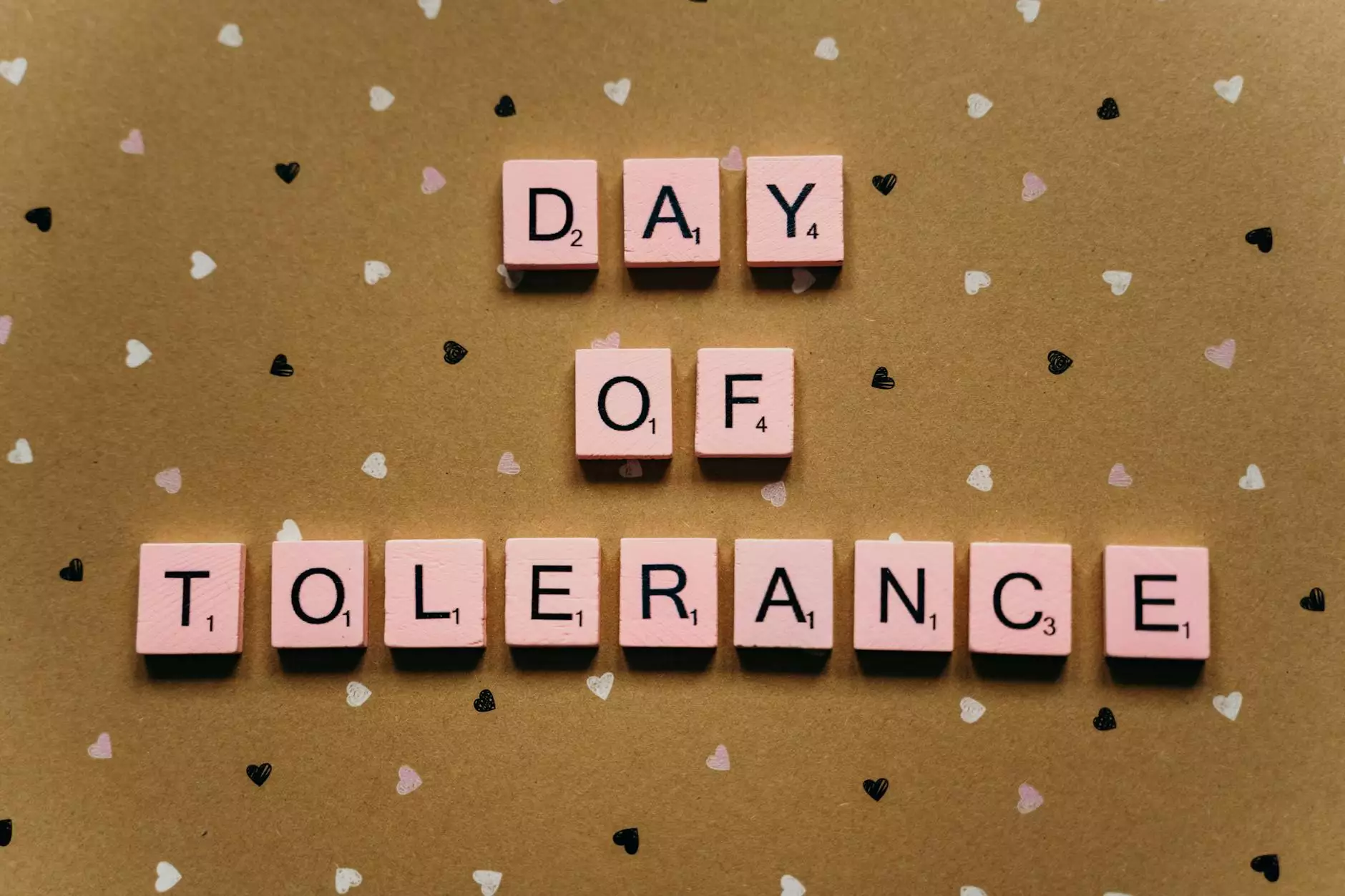The Vital Role of Synagogues and Religious Organizations in Modern Business

In today's world, the influence of religious organizations, including synagogues, churches, and other places of worship, extends far beyond spiritual guidance. These institutions play a critical role in shaping communities and, by extension, the local economy. Notably, the website https://zion.nyc/ exemplifies how these organizations can contribute substantially to the business landscape.
The Intersection of Faith and Commerce
Religious organizations have been integral to community development for centuries. They are not only places for spiritual nourishment but also hubs for social interaction, education, and economic activity. The following sections explore how synagogues and churches impact businesses and the wider economy.
1. Community Engagement and Support
Synagogues actively engage with their local communities, providing support systems for various needs. This engagement fosters a strong network of relationships that can lead to:
- Local Business Support: Many synagogues partner with local businesses for events, fundraising, and outreach programs.
- Resource Sharing: Religious organizations often share spaces for community events, enabling businesses to reach a wider audience.
- Volunteerism: Members frequently engage in volunteer activities, benefitting local charitable organizations and businesses that rely on community support.
2. Networking Opportunities
Religious organizations are natural networking hubs. Members often come from diverse professional backgrounds, creating a valuable platform for:
- Professional Connections: Individuals can connect with like-minded professionals who share their values and interests.
- Mentorship Programs: Many synagogues offer mentorship opportunities between seasoned professionals and novices, aiding professional growth.
- Business Partnerships: Faith-based events often lead to collaborative projects between businesses and organizations.
3. Ethical Business Practices
Synagogues and religious organizations often emphasize the importance of ethics in business. This moral framework encourages members to:
- Prioritize Fairness: Many members understand the importance of fair dealing and transparency.
- Give Back: Many organizations encourage charitable giving and community service, directly impacting local economies.
- Encourage Sustainable Practices: Many modern places of worship advocate for environmentally sustainable business practices.
Economic Contributions of Religious Organizations
Religious institutions like synagogues and churches are substantial contributors to the economy. They achieve this in several ways:
1. Job Creation
Many synagogues employ a range of professionals, including:
- Clergy: Pastors, rabbis, and other spiritual leaders.
- Administrative Staff: Individuals managing day-to-day operations, from office work to public relations.
- Support Staff: Maintenance staff and those involved in event planning.
2. Economic Activity from Events
Synagogues and churches often host events that generate significant economic activity. Events may include:
- Weddings: Many synagogues serve as venues for weddings, supporting local vendors such as florists, caterers, and photographers.
- Fundraising Events: Auctions, galas, and community festivals draw attendees who support the local economy.
- Workshops and Seminars: Educational programs designed to foster professional development.
The Role of Community in Promoting Businesses
A thriving community benefits everyone, including local businesses. Religious organizations play a pivotal role in nurturing this community spirit through:
1. Inclusive Community Events
Regularly scheduled events foster community spirit and encourage patronage of local businesses. This includes:
- Seasonal Festivals: Celebrations during holidays such as Hanukkah or Easter bring together community members.
- Cooking Classes: Organizations often organize cooking classes that encourage local food businesses.
- Health Fairs: Many religious organizations host health fairs that feature local health service providers.
2. Advocacy for Local Businesses
Synagogues often encourage their members to support local businesses. This advocacy can tip the scales in favor of those businesses, especially in challenging economic times.
Spiritual and Economic Resilience
The intersection of spirituality and economic resilience creates communities that thrive. Here’s how religions contribute to this dynamic:
1. Crisis Support
During challenging economic climates, religious organizations can provide support through:
- Financial Counseling: Many synagogues offer financial literacy workshops.
- Employment Services: Connecting job seekers with potential employers.
- Food Banks: Servicing the community by providing food and resources during tough times.
2. Building Trust
Religious organizations often foster trust among community members, vital for local business success. Trust leads to:
- Increased Loyalty: Consumers are more likely to support businesses they trust.
- Word-of-Mouth Referrals: Satisfied customers share their experiences, driving new business.
Conclusion: The Future of Faith-Based Business Practices
As we look towards the future, the collaboration between synagogues, churches, and the business world is more important than ever. The potential to create sustainable, ethical, and community-focused business practices is immense. By strengthening the ties between faith and commerce, organizations such as synagogues can play a crucial role in fostering economic vitality while adhering to spiritual values.
To learn more about how synagogues and religious organizations are making waves in the business landscape, visit https://zion.nyc/. Together, we can explore the powerful impact that faith-based learning has on local economies and communal growth.









